What Does Vit D Do in the Body? There are a number of important jobs that Vit D does:
Measuring Vitamin D status Generally the next question I get from a lot of people is how do I know if I'm getting enough Vit D. Currently the best way to do this is to measure it in the blood by look at the blood or serum concentration of calcidiol (D2). Wait, didn't I say that the active form is calctriol (D3)? The reason is the 1/2 life of D3 is too short to make it a good indicator as well as it being regulated highly regulated by parathyroid hormone, calcium and phosphate. D3 levels also do not normally decrease significantly until Vit D deficiency is severe. How Much Vit D is Needed? If we understand how important Vit D is, the next thing my patients often ask is how much do I need? As we mentioned above, to know if you personally are getting enough, getting your levels checked is going to be the best option. However, there are general recommendations made by the government which are based on what is called the RDA or Required Daily Allowance. This depends on the average of what works best for a healthy population and maintaining basic requirements for health. In the case of Vit D that's enough to bone health and calcium metabolism, and then in addition the RDA is set based on minimal sun exposure as well. All of this combined, the current daily recommendation for adults and children over 4 years is 400 IU. If we're trying to raise our levels of Vit D, 400 IU is definitely not going to be enough.
Can I Get Enough from the Sun? Most people meet at least some of their Vit D requirements from the sun. However, what most people don't realize is that this depends. You need to be outside at the right time of day, and depending on where you live, time of year as well. We need to be exposed to UVB rays at wavelengths of 290-320 nanometers. Other factors that can affect this are: cloud cover, smog, melanin content of your skin (the darker your skin the more difficult it is to 'absorb' enough sun). Optimal Sun Exposure The factors previously mentioned and current research that's been done still makes it challenging to know exactly what the right amount of sun exposure is for each person. However, these guidelines are helpful to get some helpful exposure: - In general, approx 5-30 mins of sun exposure between 10am -3 pm twice a week to arms, face, neck. legs or back without sunscreen [NOTE: if you are monitoring risk for skin cancer, than keep in mind any recommendations from your healthcare provider] - Spring, Summer and Fall are the optimal times of year, particularly those who live in more northern latitudes
Take Home Message - Vit D is important for our overall health, and we're still figuring out the full extent of what this entails - Vit D is present in the diet, and through exposure to the sun we are able to synthesize Vit D - The drawback is it's tough to determine how much we're getting, so many of us will need to supplement with it at times - There are safe and unsafe levels of Vit D, and finding out what works best for us personally is likely going to require getting our levels checked periodically. Have questions about Vitamin D or making sure you're getting what you need to live your best life? Connect with me and we can get a personalized plan together that takes your individual needs into account. Note: Talk to your Naturopathic Doctor today about getting assessed and treated if needed, and as always talk to your health care provider before beginning any new medication or supplement. This information is not meant to replace the advice/guidance of a medical professional, nor should it be acted upon by individuals unsupervised by the appropriate healthcare provider.
0 Comments
Conclusion:
Go ahead and try one, or more, of these healthy snacks. Prepare them the night before if you need to. They will not be "tasteless," like "cardboard," or "completely unsatisfying." Trust me. Recipe (Vegetable Dip): Hummus Makes about 2 cups 1 can chickpeas (garbanzo beans), drained & rinsed ⅓ cup tahini 1 garlic clove 2 tbsp sesame oil 2 tbsp lemon juice 1 dash salt 1 dash pepper 1. Put all ingredients into a food processor and blend until smooth. You may need to thin it out with a bit of water, so add it 1 or 2 tablespoons at a time and blend. Serve & enjoy! Tip: Don’t like sesame? Use an avocado in place of the tahini, and olive oil in place of the sesame oil. I hope that you find this information helpful. If you have more questions about your own dietary habits, how you can regulate them better to lose weight, heal your gut and generally feel better please get in touch with me through my clinic or email me through my contact me page. I am here to help! Note: Talk to your Naturopathic Doctor today about getting assessed and treated if needed, and as always talk to your health care provider before beginning any new medication or supplement. This information is not meant to replace the advice/guidance of a medical professional, nor should it be acted upon by individuals unsupervised by the appropriate healthcare provider. References: https://authoritynutrition.com/20-most-weight-loss-friendly-foods/ https://authoritynutrition.com/foods/almonds/ http://www.precisionnutrition.com/encyclopedia/food/almonds/ https://authoritynutrition.com/is-fruit-good-or-bad-for-your-health/ https://www.dietvsdisease.org/best-fruits-diabetics/ https://authoritynutrition.com/foods/apples/ https://authoritynutrition.com/fresh-vs-frozen-fruit-and-vegetables/ https://authoritynutrition.com/11-proven-health-benefits-of-chia-seeds/ http://www.precisionnutrition.com/encyclopedia/food/eggs/
What exactly is the "gut-brain connection." Well, it’s very complex, and to be honest, we’re still learning lots about it! There seem to be multiple things working together. Things like:
I’ll briefly touch on these areas, and end off with a delicious recipe (of course!)
The immune system of the gut Because eating and drinking is a huge portal where disease-causing critters can get into your body, it makes total sense that much of our defense system would be located there too, right? In fact, 75% of our immune system is in our gut! And you know that the immune cells can move throughout the entire body and cause inflammation just about anywhere, right? Well, if they’re “activated” by something in the gut, they can potentially wreak havoc anywhere in the body. Including the potential to cause inflammation in the brain. Gut microbes Your friendly neighborhood gut residents. You have billions of those little guys happily living in your gut. And they do amazing things like help you digest certain foods, make certain vitamins, and even help regulate inflammation! But more and more evidence is showing that changes in your gut microbiota can impact your mood, and even other, more serious, mental health issues.
Recipe (Gut food fibre, Brain food omega-3): Blueberry Hemp Overnight Oats Serves 2 1 cup blueberries (fresh or frozen) 1 cup oats (gluten-free) 1 cup almond milk 1 tablespoon chia seeds 2 tablespoons hemp seeds ½ teaspoon cinnamon 1 banana, sliced ¼ cup chopped walnuts 1. Blend blueberries in the food processor until smooth. 2. Mix blueberries, oats, almond milk, chia seeds, hemp seeds in a bowl with a lid. Let set in fridge overnight. 3. Split into two bowls and top with cinnamon, banana, and walnuts. Serve & enjoy! Tip: Your gut microbes love to eat the fiber in the blueberries, oats, seeds, and nuts. Meanwhile, your brain loves the omega-3 fats in the seeds and nuts. I hope that you find this information helpful. If you have more questions about your own dietary habits, how you can regulate them better to heal your gut and feed your brain please get in touch with me through my clinic or email me through my contact me page. I am here to help! Note: Talk to your Naturopathic Doctor today about getting assessed and treated if needed, and as always talk to your health care provider before beginning any new medication or supplement. This information is not meant to replace the advice/guidance of a medical professional, nor should it be acted upon by individuals unsupervised by the appropriate healthcare provider. References: http://www.health.harvard.edu/blog/nutritional-psychiatry-your-brain-on-food-201511168626 http://www.hopkinsmedicine.org/health/healthy_aging/healthy_body/the-brain-gut-connection http://www.precisionnutrition.com/all-about-probiotics http://www.precisionnutrition.com/fix-gut-fix-health http://neurotrition.ca/blog/your-gut-bugs-what-they-eat-and-7-ways-feed-them Everything You Think You Know About Healthy Eating is Wrong and it's Making You Fat and Tired1/15/2018 Almost everyone seems to have a goal around changing their diet and/or losing weight in the New Year. I have had so many questions in the last two weeks about following 'x' diet or what supplements to take for weight loss it's been insane. Not to mention the conflicting information they're getting. Each expert and association tries to lead you in their direction because they know best and their advice is going to help you. Right? Well, maybe… Everyone has heard (and maybe lived through) the intense focus on how much you eat. This has gotten way too much attention because while this does affect your weight and energy level, it's certainly not the “holy grail” of health. Let's focus a bit more on the often overlooked (and proven) benefits of what you eat and drink and how you eat and drink it. What you eat and drink The “calories in, calories out” philosophy (i.e. how much you eat) is being drowned out with research on other factors that may be just as important. Don't get me wrong limiting calories, carbs or fat can certainly help you lose weight but that's simply not the only factor for long-term weight loss and maximum energy for everyone. When the intense focus on how much we ate didn't work in the long-run it wasn’t really a surprise. We kinda knew that already, didn't we? You can certainly still continue to count your calories, carbs, and fat but don't forget to also pay attention to what you eat. Ideally, you need a varied diet full of minimally-processed foods (i.e. fewer “packaged” “ready-to-eat” foods). This simple concept is paramount for weight loss, energy, and overall health and wellness.
Don't get me wrong a green smoothie can make an amazingly nutrient-dense meal and is way better than stopping for convenient junk food – just consider a large smoothie to be a full meal not a snack. And don't gulp it down too fast. If your smoothies don't fill you up like a full meal does try adding in a spoon of fiber like ground flax or chia seeds. Summary: Consider not only how much you eat but also what and how you eat it. Recipe (Smoothie meal): Chia Peach Green Smoothie Serves 1 handful spinach 1 tablespoon chia seeds 1 banana 1 chopped peach 1 cup unsweetened almond milk Add ingredients to blender in order listed (you want your greens on the bottom by the blade so they blend better and have the chia on the bottom to absorb some liquid before you blend). Wait a couple of minutes for the chia seeds to start soaking up the almond milk. Blend, Serve and Enjoy! Tip: Smoothies are the ultimate recipe for substitutions. Try swapping different greens, fruit or seeds to match your preference. Bonus: Chia seeds not only have fiber and essential omega-3 fatty acids but they contain all of the essential amino acids from protein. I hope that you find this information helpful. If you have more questions about your own dietary habits, how you can regulate them better or any other food related concerns please get in touch with me through my clinic or email me through my contact me page. I am here to help! Note: Talk to your Naturopathic Doctor today about getting assessed and treated if needed, and as always talk to your health care provider before beginning any new medication or supplement. This information is not meant to replace the advice/guidance of a medical professional, nor should it be acted upon by individuals unsupervised by the appropriate healthcare provider. References: http://summertomato.com/wisdom-wednesday-salad-dressing-is-your-friend https://authoritynutrition.com/20-reasons-you-are-not-losing-weight/ http://summertomato.com/the-science-behind-mindful-eating-what-happens-to-your-body-during-a-mindful-meal http://nutritiondata.self.com/facts/nut-and-seed-products/3061/2
If you’re feeling this way, and trust me I can relate, may I make a suggestion? STOP! That’s right, I mean you Mom running around trying to get all the errands done before school lets out. That means you too Dad, organizing the kids for hockey while also trying to help the others finish their homework. Whatever your family’s particular rhythm, just STOP for a second.
So many of us fall into the trap of the routine. Routines help us function in our everyday life. If we had to make a new decision about everything, everyday we’d go crazy. However, when we fall into the trap of routine, then time can fly by without us noticing it and we miss being present in the moment. For anyone who practices mindfulness, or has read some Buddhist philosophy, you will know how important it is to be in the moment.
KEEP ON GROWING! If I can help you with this or any other aspect of your health you’re looking to improve, you know where to find me ;)
|
Sarah Connors
I am a Naturopathic Doctor and Doula providing care in the Kitchener-Waterloo area. I have a passion for helping people with their health issues and improving the birth experience for Moms, and their babies. I also have a life long love affair with soccer, curling, and the alto saxophone. Archives
November 2020
Categories
All
|
Photos from Rural Royalty, manu flickr2010, Ryan Dickey, wocintechchat, huskyte77, paulswansen, Black Room Photography, harum.koh, Emery Co Photo, JeepersMedia, BrownGuacamole, wellnesswildflower, JeepersMedia, vastateparksstaff, colindunn, seelensturm, /\ \/\/ /\, 50mm.za, The Simpsons (Lee, Shirley, Luke and Rachel), AGRONAUTI, aivas14, Jonathan Rolande, winnifredxoxo, juhansonin, osseous, nan palmero, Theo Crazzolara, brianfagan, TP studio, wuestenigel, torbakhopper, anka.albrecht, Michael Stern, [-ChristiaN-], franchiseopportunitiesphotos, terren in Virginia, nateOne, barnimages.com, Dun.can, wuestenigel, @lattefarsan, amandabhslater, aphrodite-in-nyc, nutritionaldoublethink, Anne Worner, donnierayjones, mikecogh, angeloangelo, Rob.Bertholf, getaiwan, Lida Rose, matsuyuki, SurFeRGiRL30, marcoverch, amsfrank, mdaltry, nutrition education, Mike Prince, Edsel L, Neighborhood Nini, philipp.alexander.ernst, Mediocre2010, homethods, quinn.anya, Gamma Man, katerha, Eric Kilby, National Institutes of Health (NIH), rcmd_cfdfw_5_2, curtis palmer, Ray in Manila, frankieleon, Airsoftpal.com, byzantiumbooks, cchana, Brian Legate, Matt Lavin, BradHinton, monpetitchouphotography, wuestenigel, alexisjordanlewis, ByEPhotos, erix!, RLHyde, return the sun, quinn.anya, mliu92, frankieleon, loudista, Lyn Lomasi, upslon, derrickbrutel, cchana, National Institutes of Health (NIH), watts_photos, marcoverch, derrickbrutel, francesbean, weegeebored, Airsoftpal.com, Etwood, wu_135, shixart1985, Ingrid Taylar, VeritasFotografie, BioDivLibrary, emmanuelmorales1, Thanks for 1.5 Million Views!!, Will Merydith, reader of the pack, RoxyHobbs, Khanelle Prod' Medias, storyvillegirl, agromonitor, Arenamontanus, six:eleven, cote, SweetOnVeg, nenoirenediaz, lucianvenutian, markhillary, anotherlunch.com, inkknife_2000, archibald jude, rawtrigger, Imaginary Museum Projects: News Tableaus, Pavel P., Courtney Emery, Thien Gretchen, physiognomist, bark, Michigan Municipal League (MML), alberth2, Merelymel13, neofob, Care_SMC, Parker Knight, B*2



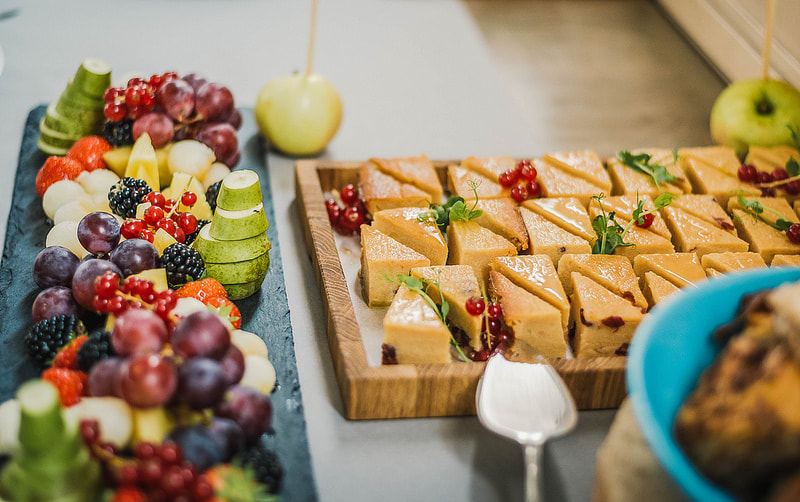
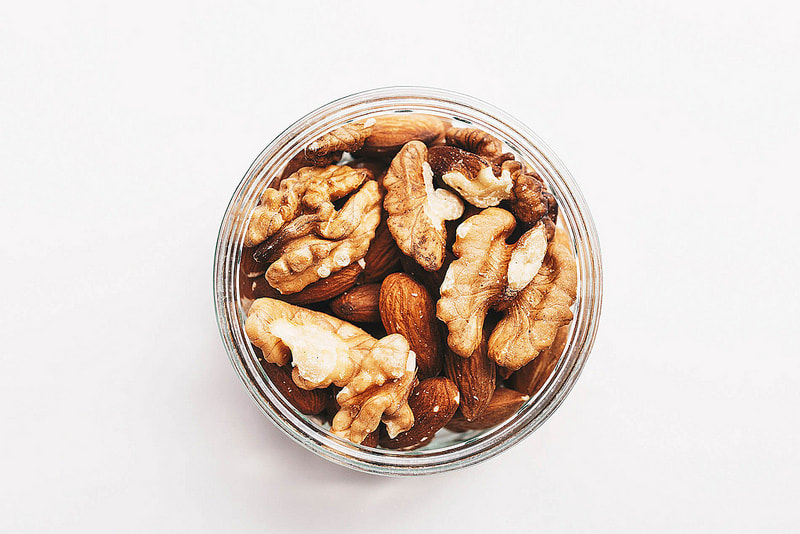
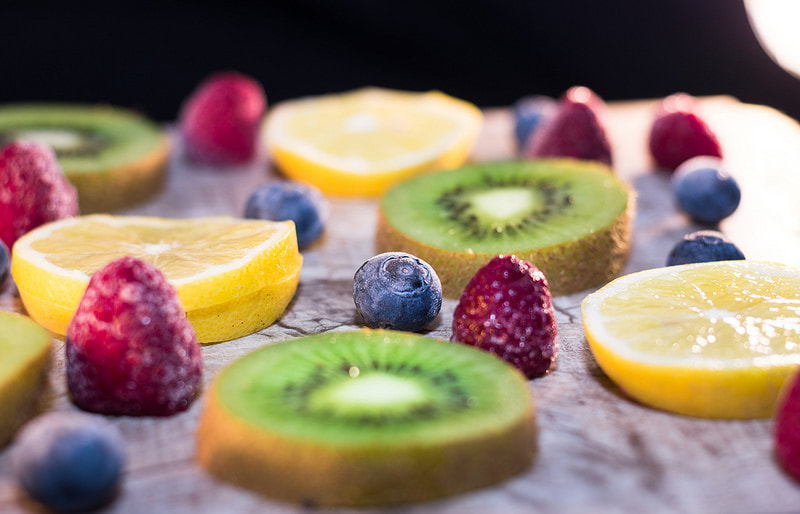
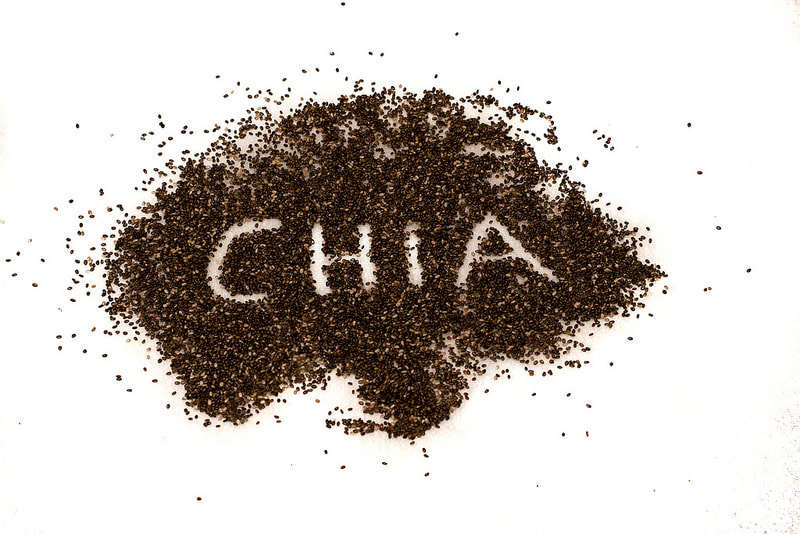

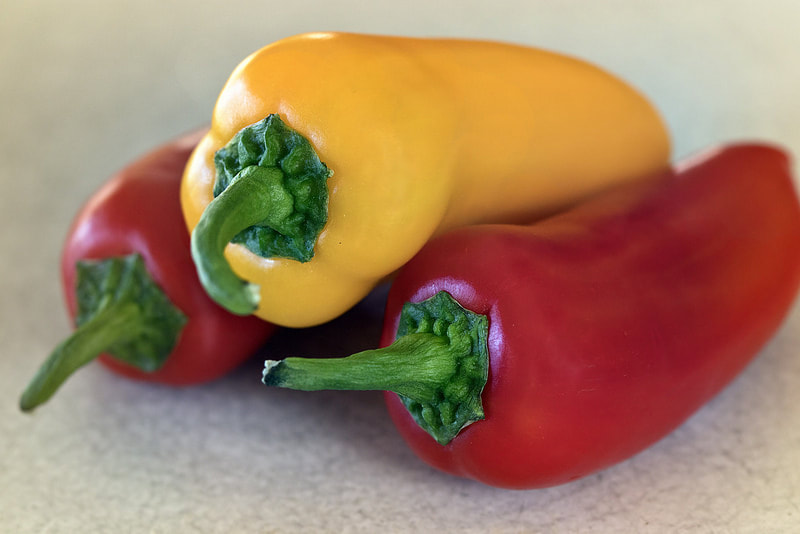
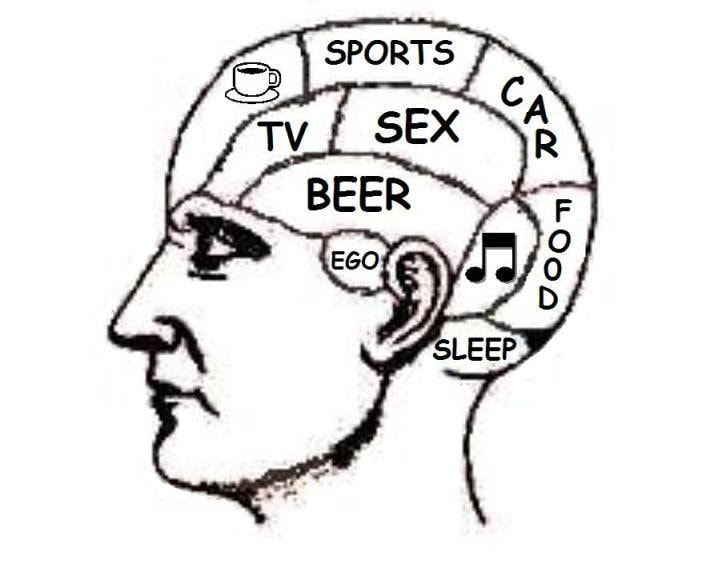
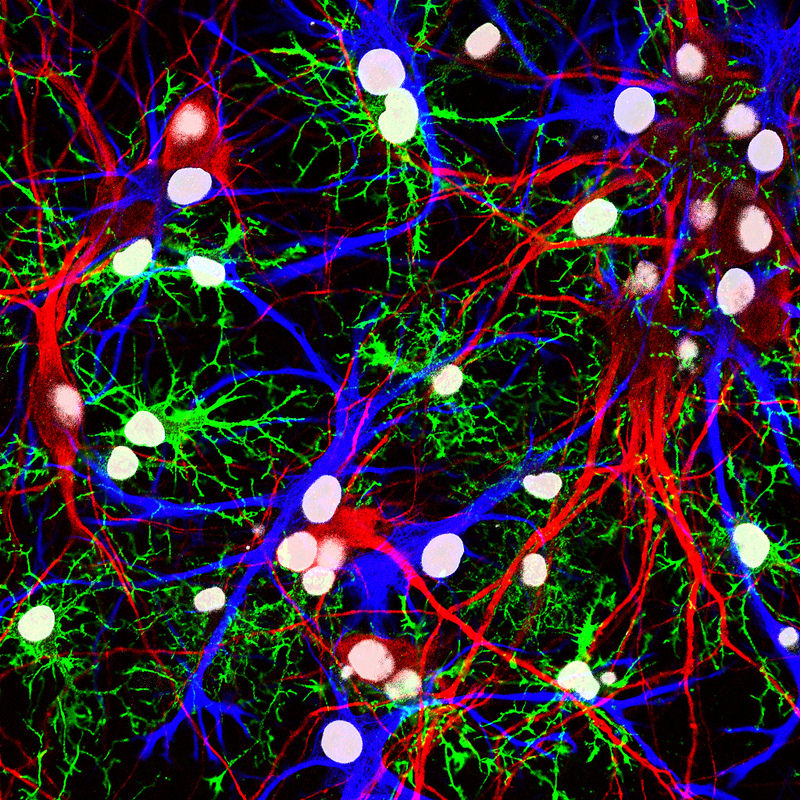
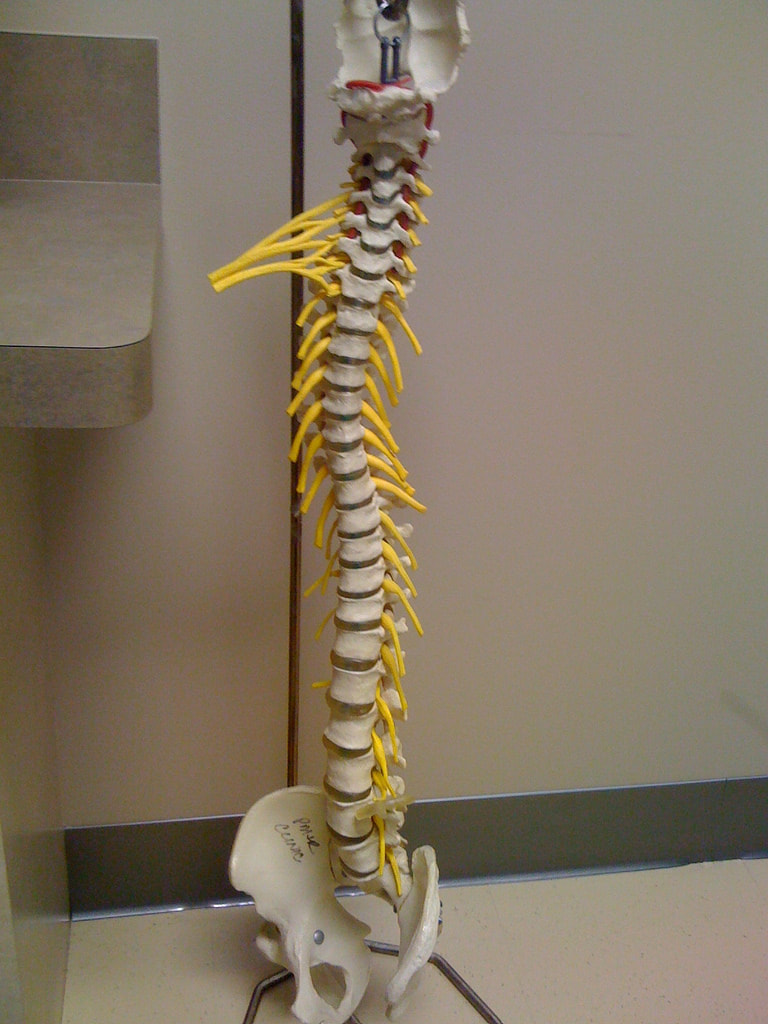
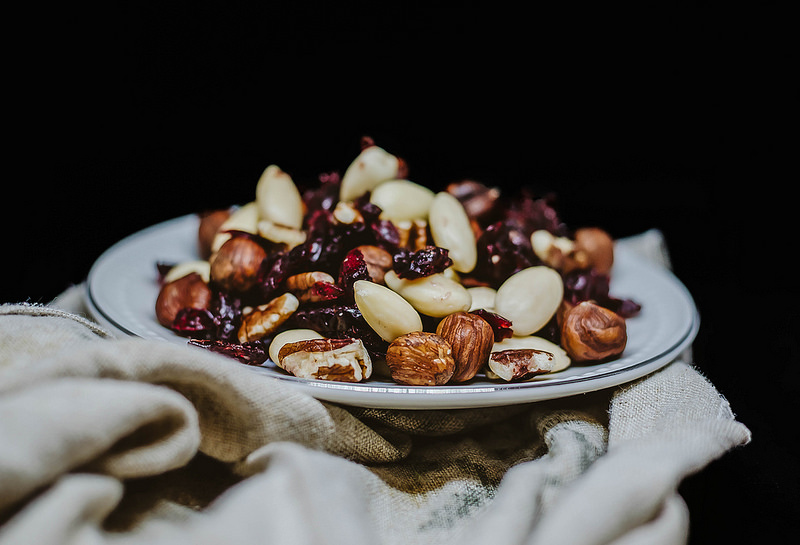
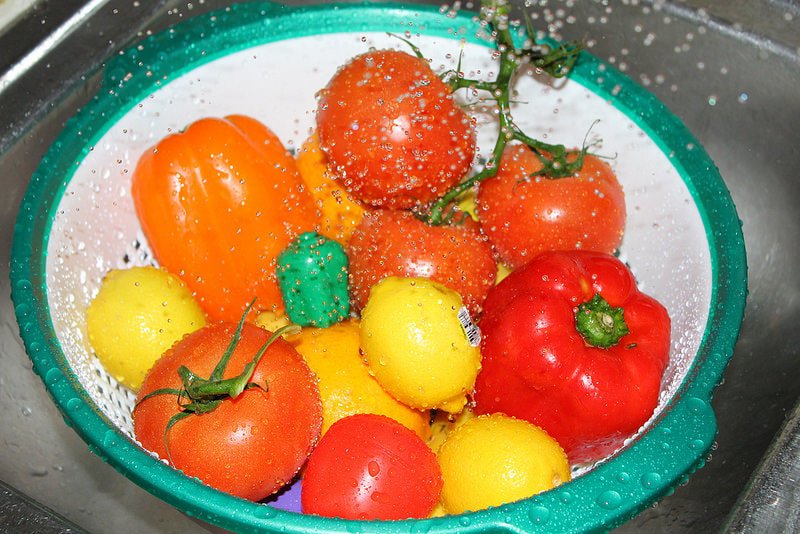
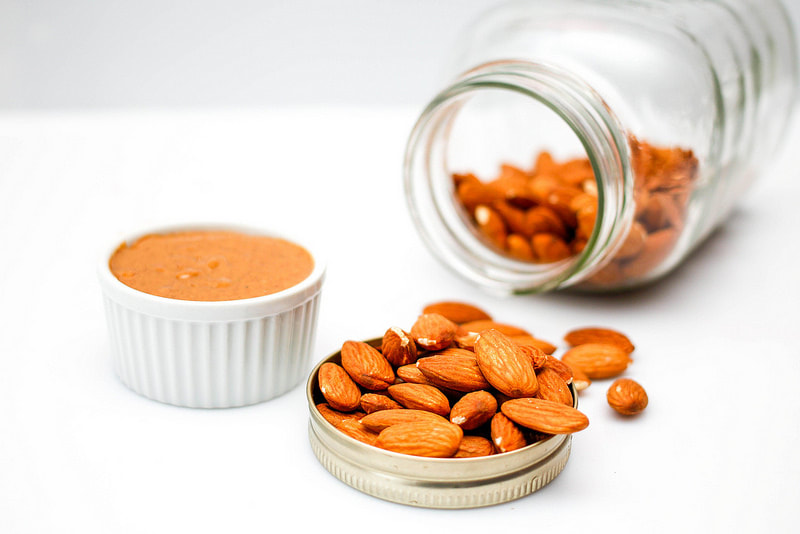
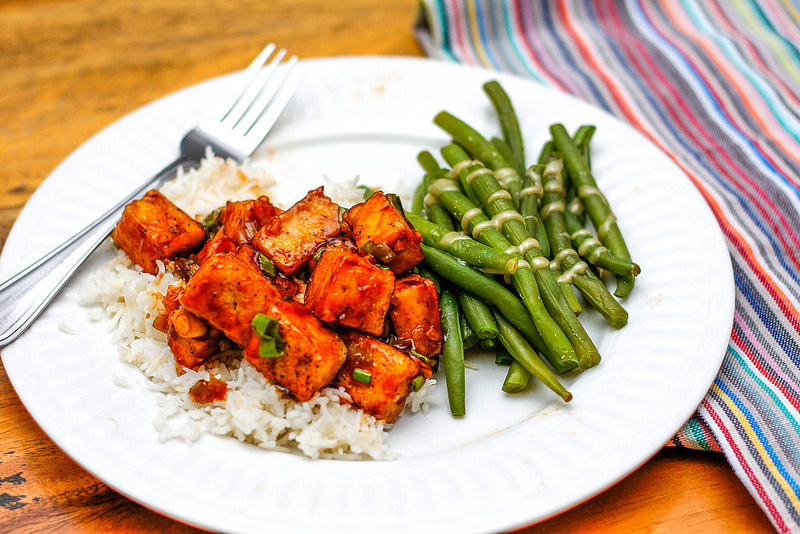

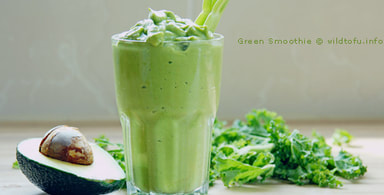


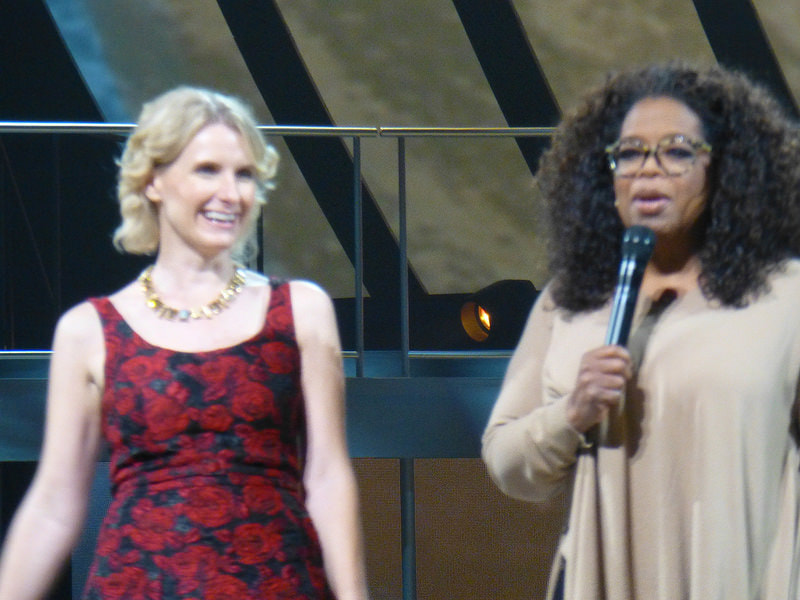

 RSS Feed
RSS Feed
